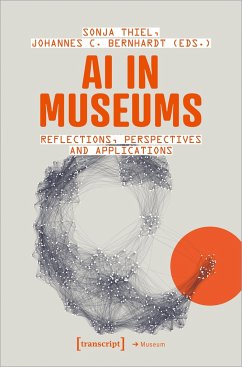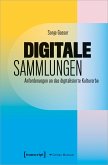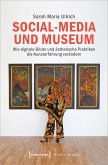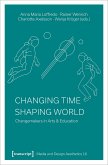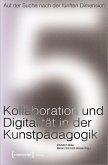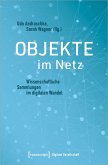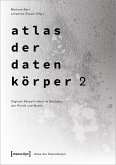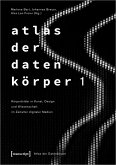Artificial intelligence is becoming an increasingly important topic in the cultural sector. While museums have long focused on building digital object databases, the existing data can now become a field of application for machine learning, deep learning and foundation model approaches. This goes hand in hand with new artistic practices, curation tools, visitor analytics, chatbots, automatic translations and tailor-made text generation. With a decidedly interdisciplinary approach, the volume brings together a wide range of critical reflections, practical perspectives and concrete applications of artificial intelligence in museums, and provides an overview of the current state of the debate.
»Ein spannendes Werk für alle, die sich mit den Schnittstellen von Technologie und Kultur beschäftigen. Denn es handelt sich um eine Veröffentlichung, die nicht nur die aktuelle Debatte über den Einsatz von KI im Kultursektor bereichert, sondern auch Impulse für zukünftige Entwicklungen liefert.«
Sigrun Lehnert, MEDIENwissenschaft, 3 (2024), translated from German 20240826
Sigrun Lehnert, MEDIENwissenschaft, 3 (2024), translated from German 20240826

